Sugar, coffee, sex, exercise, drugs!
Tell the truth, we love all of these worldly pleasures, right? I mean, who doesn’t like the feeling of being high, aroused, or stimulated from time to time.
We delight in our personal gratifications, comforts, pleasures, and occasional overindulges. I’m here to say that it’s all good, but moderation is the key because when we lose control of our delights we can find ourselves in BIG trouble.
Take sugar for example.
“Sugar, (ba-ba baa-baa bum bum) ah honey honey/You are my candy girl/And you got me wanting you.”
Now here’s a drug for ya! It’s so good that they write songs about it. It’s enticing, alluring, and might also be the most popular DRUG on earth. Sugar is one of those drugs that sneaks up on you and before you know it, you’re feenin’ for it like “Pookie” in New Jack City.

Sugar is so dope (pun intended), that not only does it taste good, but it gives us energy – and we don’t have to smoke it, snort it, or inject it to feel its euphoric effects. Plus, it’s found in virtually every food and drink we consume. It’s everywhere and lacks the stigma associated with other drugs.
Heck, we even give it to our kids in large amounts to keep them placated even though the health implications are well documented.
What is it about sugar that compels us to overrule our better judgement just to partake in that savory sweet stuff?

It’s great-great-great-great-great-great-great Grandma’s fault!

Well for starters, we can pass the buck and place the blame on our ancestors. According to an article on Business Insider.com, there is an evolutionary explanation for that sweet tooth of yours.
The article breaks it down like this:
“Millions and millions of years ago, apes survived on sugar-rich fruit. These animals evolved to like riper fruit because it had a higher sugar content than unripe fruit and therefore supplied more energy.”
“Sugar is a deep, deep ancient craving,’ said Daniel Lieberman, an evolutionary biologist at Harvard University and author of The Story the Human Body: Evolution, Health, and Disease. And sugar offers more than just energy — it helps us store fat, too.”
This makes sense, because back in the days before we could just stop by our favorite fast food joint when we were hungry, it would have been to our advantage to be able to store up enough fat to get us through until our next meal – whenever that might be.
But now that this is no longer a problem in our modern times, since the likelihood of us starving to death between meals has diminished. But our genetic urge to seek sugar rich foods still exists and poses the mammoth sized health risks we are familiar with; especially if we choose to overindulge.

Slavishly Indulgent
And while we are talking about history, let’s not forget the role sugar played in America’s greatest shame. According to Live Science.com:
“Sugar was the key component in what historians call The Triangular Slave Trade, a network whereby slaves were sent to work on New World plantations, the product of their labor was sent to a European capital to be sold and other goods were brought to Africa to purchase more slaves.”

Rinse and repeat for, I don’t know, 300 years or so? But who’s counting!
Well this certainly makes sugar seem a whole lot less sweet. In fact, this leaves such a sour taste in my mouth, that I now have cause-to-pause the next time I reach for a Reese’s.
Just Put Down the Candy Bar and Slowly Back Away
I never had much of a sweet tooth, however when I stopped drinking, I began to crave sugar like no other time in my life. But I had to chill out on the apple pie and start grabbing plain old apples instead, because I realized that I was just trading one addictive substance for another; one with it’s own set of health risks:
10 Reasons Why Sugar Is Bad for Your Health
- Sugar causes glucose levels to spike and plummet
- Sugar increases the risk of obesity, diabetes, and heart disease.
- Your immune function can be affected by sugar.
- A high-sugar diet can lead to chromium deficiency.
- Sugar accelerates aging.
- Sugar causes tooth decay.
- Sugar can cause gum disease, which can lead to heart disease.
- Sugar affects cognition in children.
- Sugar increases stress.
- Sugar takes the place of important nutrients.
I’m not telling you anything new, we all know the outcomes of our lifestyle choices. Ultimately, the one thing we all crave is happiness which is usually the underlining cause of everything we do. Regardless of our drug of choice, being able to control it (and in some cases stop using all together) is key.
A Gentle Nudge

Kicking a habit to the curb can be challenging, but not impossible. I believe in a gradual, loving approach, similar to the tips laid out in How to Stop Your Sugar Habit on mindbodygreen.com. One of the major take-aways from the article comes from the following quote:
“The key here is NOT to judge yourself for having eaten it, but simply to notice how your body feels when you do so. When all of your self-shaming quiets down, the softer voice of your physical body can be heard saying, “Ouch! that hurts! I don’t actually want that!”
This notion that we shouldn’t judge ourselves too harshly can be applied to other unproductive habits and addictions as well.
Don’t Worry Be Happy
“In every life we have some trouble
But when you worry you make it double
Don’t worry, be happy” – Bobby McFerrin
Look, we all want to be happy and live our best lives – so don’t trip, just do your best.
- Do a bit of regular exercise
- cut back on the junk food
- learn something new every day
Take it all step by step and in small doses at first!
Just like dieters shouldn’t weigh themselves every day, a happiness seeker shouldn’t evaluate their happiness too frequently either. We don’t want to be consumed by our pursuit of happiness, because that could leave us feeling disheartened if our happy meter doesn’t measure up the way we think it should.
It takes time to flip the script on harmful habits that we’ve built up over a long period of time. Concerted effort will be required to get to your happier place.
Keep in mind that life is a work in progress, so commit each day to take baby steps toward making positive improvements. Practice this until being good to yourself becomes second nature.
Most importantly, don’t beat yourself up when you don’t do it as well as you think you ought to. Just do you and be patient with yourself!
Winter solstice 2018 in Northern Hemisphere will be at 5:23 PM Eastern time on
Friday, December 21

This time of year the days are shorter, the nights are longer and this used to get me feeling really SAD – as in Seasonal Affective Disorder. I would feel sluggish and moody off and on from November until darn near March!
That is until I learned to embrace this period as a slowdown of sorts, or a period of quietude. Along with that I began looking forward to December, 21st – The Winter Solstice. This is a time to honor the equinox and accept the darkness by appreciating the silence it brings, while going within yourself to find our own light. This time of year isn’t about seeking more external light, but developing our inner light.This time of year isn’t about seeking more external light, but developing our inner light.
“This time of year isn’t about seeking more external light, but developing our inner light.”
Here’s an abbreviated excerpt of “A Celebration of Winter Solstice” from The Circle of Life by Joyce Rupp and Macrina Wiederkehr.
“There is a tendency to want to hurry from autumn to spring, to avoid the long dark days that winter brings. Many people do not like constant days bereft of light and months filled with colder temperatures. They struggle with the bleakness of land and the emptiness of trees. Their eyes and hearts seek color. Their spirits tire of tasting the endless gray skies. There is great rejoicing in the thought that light and warmth will soon be filling more and more of each new day.
“But winter darkness has a positive side to it. As we gather to celebrate the first turn from winter to spring, we are invited to recognize and honor the beauty in the often unwanted season of winter. Let us invite our hearts to be glad for the courage winter proclaims. Let us be grateful for the wisdom winter brings in teaching us about the need for withdrawal as an essential part of renewal. Let us also encourage our spirits as Earth prepares to come forth from this time of withdrawal into a season filled with light.
“The winter solstice celebrates the return of hope to our land as our planet experiences the first slow turn toward greater daylight. Soon we will welcome the return of the sun and the coming of springtime. As we do so, let us remember and embrace the positive, enriching aspects of winter’s darkness. Pause now to sit in silence in the darkness of this space. Let this space be a safe enclosure of creative gestation for you.”
Check out the following links to learn more about ways to enjoy the winter solstice. Have fun!
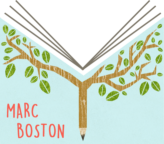

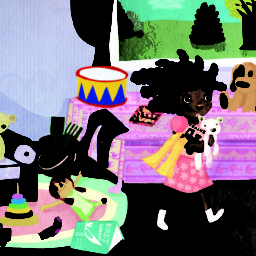
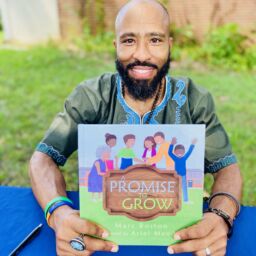
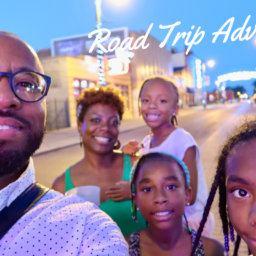

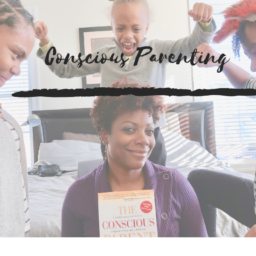

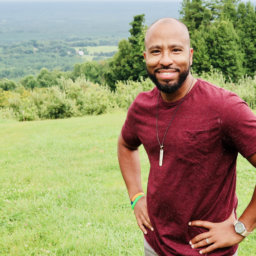
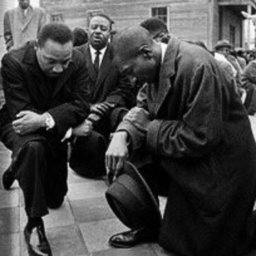

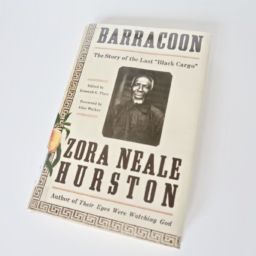




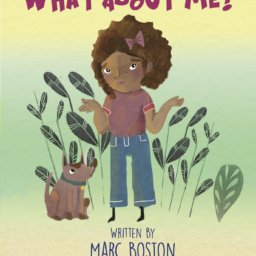
It’s really a nice and helpful piece of info. I am satisfied that you shared this useful information with us. Please keep us informed like this.Thank you for sharing.
Josefine – I so appreciate your support. Thank you for reading.
I enjoyed reading through this wonderful article!
Thank you so much for reading and for your comment. I appreciate it.